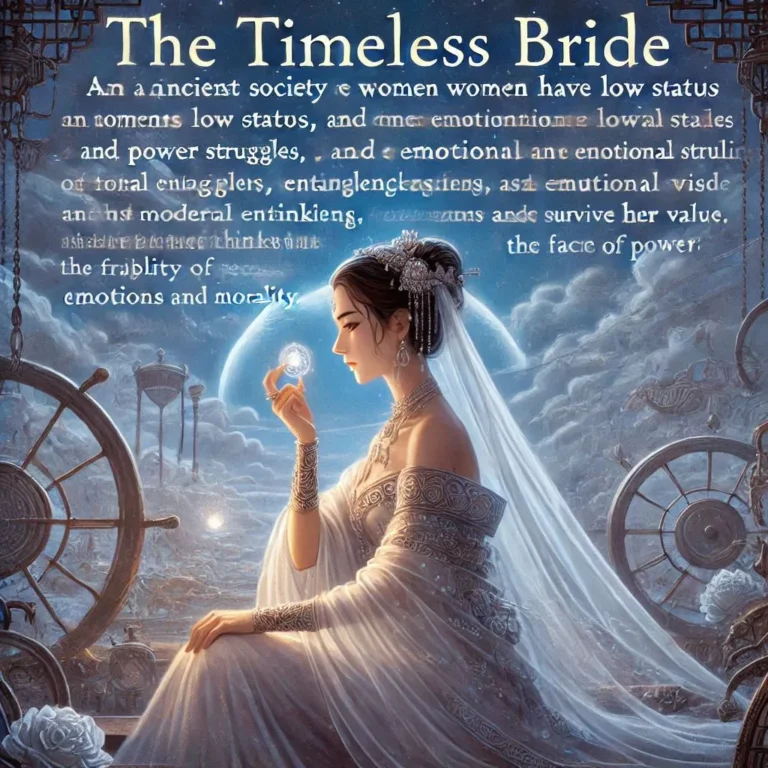“What is she doing?”
“She’s summoning ministers.”
“Who has come?”
“The Prime Minister, Finance Secretary, State Secretary, Military Secretary, and Justice Secretary. The Minister of Internal Affairs is also present.”
“Just as I expected,” Wilhelmina entered the sitting room, handed her cape back to Wolf, “I need to know every detail.”
The butler served hot tea and snacks, and Wolf handed Wilhelmina a reader.
“You’ll understand after reading these news items.”
Wilhelmina held her teacup, methodically drinking the hot rose milk tea. After reading three lines, her expression changed, and she put down the cup.
Chapter 30
The political scandal later known as the “Red Castle Incident” erupted at twelve forty-three noon that day. The “Navigator News,” originally a small newspaper, gained fame after this event, becoming one of the Empire’s most notable newspapers. It was often at odds with “Wheat Field,” each supporting different political parties.
The “Red Castle Incident” dealt a heavy blow and brought indelible shame to the royal family, particularly to Queen Annabel.
The incident began in Princess Barbara’s family. Her nephew, Lord Stanford, was portrayed in media as a handsome playboy, known for frequenting nightclubs and dating models and actresses. However, reporters couldn’t have imagined his true self behind closed doors.
The princess’s brother had an unhappy marriage, attributed to the mother’s promiscuity and the father’s [censored], which warped the children’s psyches. Severe schizophrenia and delusions were cited by psychiatrists in court later.
In short, after his mother died when he was 17, this playboy began kidnapping prostitutes from the red-light district, imprisoning and toying with them before brutally killing and burying them in the family estate, “Red Castle.”
By the time he was twenty-two, his father, who had abused him, died of cancer, and Lord Stanford became even more unrestrained. He began targeting ordinary girls, killing forty-one women over eight years with the help of his devoted butler. The victims included white-collar workers he had one-night stands with, party girls, actresses, models, and four female students under eighteen.
Three years ago, during an investigation into a missing person case, this serial killer had surfaced. However, his powerful political background and substantial assets allowed him to escape prosecution. Princess Barbara personally called the judge, suppressed media coverage, and used considerable money for bribery. Lord Stanford was released on bail and continued his heinous acts.



